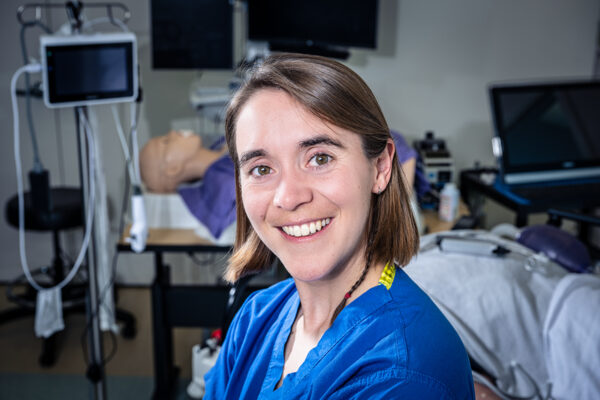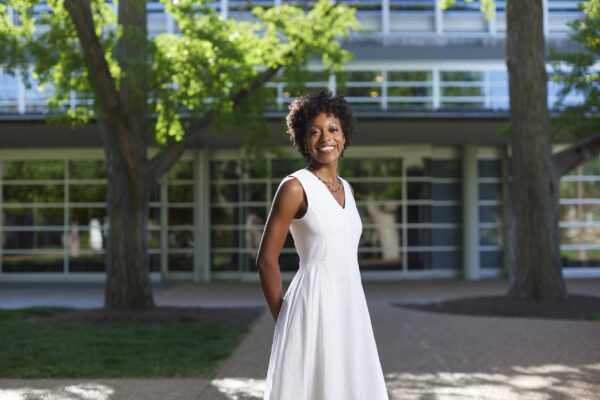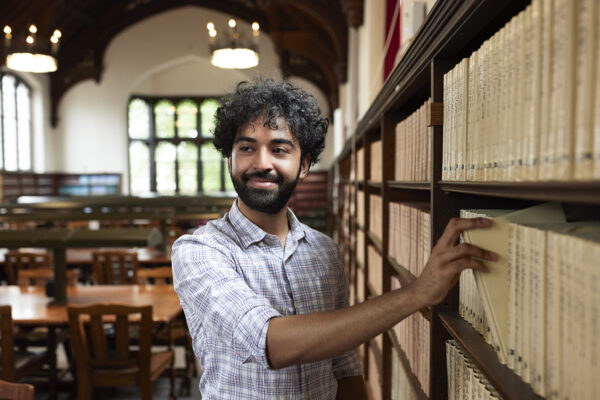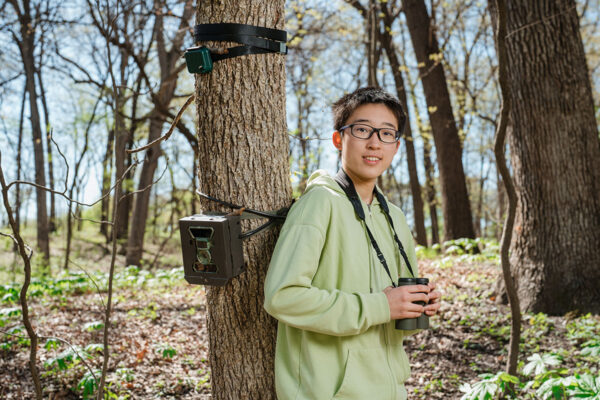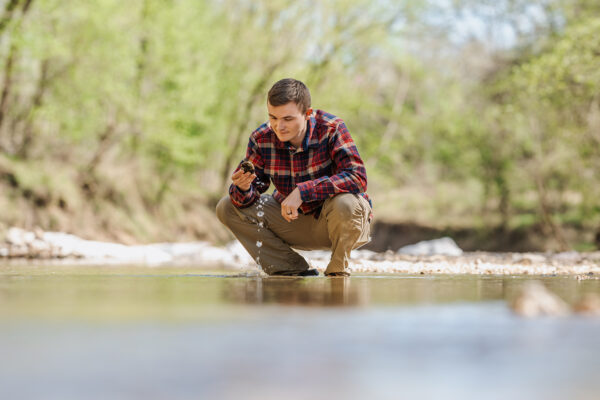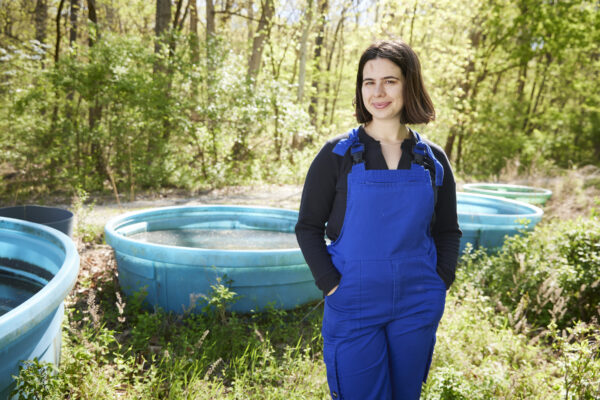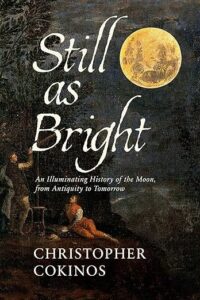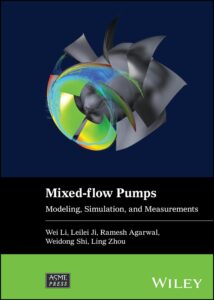Class Acts: Caellagh Catley
Caellagh Catley worked with the Department of Anesthesiology at Washington University School of Medicine to reduce carbon emissions produced by operating rooms. The project has helped Barnes-Jewish Hospital save on resources in anesthetic gas use and has reduced its carbon emissions from such gas use by more than 60%.
Class Acts: Jewel Evans
Brown School student Jewel Evans has a passion for equity-based urban planning. Her goal is to create equitable land use policies that can positively impact disenfranchised populations.
Class Acts: Omaer Naeem
On a recent visit to Pakistan, Omaer Naeem could literally taste the smog. Naeem, who is set to graduate with a degree in global students from Arts & Studies at Washington University in St. Louis, is committed to working with local communities in South Asia find their own solutions to this existential crisis.
Class Acts: Yunfeng Ge
Yunfeng Ge is an avid bird and nature lover. Her extensive research and volunteer work has prepared her for life after graduation. She plans to pursue conservation work and eventually attend graduate school to study ecology.
Class Acts: Avital Isakov
A 2023 Astronaut Scholar, Avital Isakov studies green energy solutions in Robert Wexler’s laboratory in the Department of Chemistry in Arts & Sciences and plans to pursue a PhD in computational and theoretical chemistry.
Class Acts: Franklin Taylor
As an Olin Business School MBA student, Franklin Taylor collaborated with mentors and fellow students to build a startup company that aims to help grocery stores alleviate food waste and increase profitability.
Class Acts: Austin Schorfheide
Some of Austin Schorfheide’s happiest memories are working the family farm in Hoyleton, Ill. — bailing hay, milking the cows, planting corn and soybeans. So while Schorfheide knew he did not want to be a farmer himself, he does want to make life better for farming communities.
Class Acts: Sophia Hatzikos
In a wide-ranging practice that encompasses sculpture, video, performance and installation, Sophia Hatzikos explores the complex relationships between natural and constructed systems and between scientific and artistic research practices.
Still as Bright
An Illuminating History of the Moon, From Antiquity to Tomorrow
In the luminously told Still As Bright, the story of the Moon traverses time and space, rendering a range of human experiences—from the beliefs of ancient cultures to the science of Galileo’s telescopic discoveries, from the obsessions of colorful 19th century “selenographers” to the astronauts of Apollo and, now, Artemis. Still As Bright also traces […]
Mixed-flow Pumps
Modeling, Simulation, and Measurements
Learn to improve and optimize the design and operation of mixed-flow pumps Mixed-flow pumps have a huge range of applications in agriculture, hydroelectric power and other industries that incorporate fluid transport. They are centrifugal pumps incorporating the characteristics of both axial and radial pumps to increase the flow rate and discharge pressure. Though essential in […]
Older Stories
